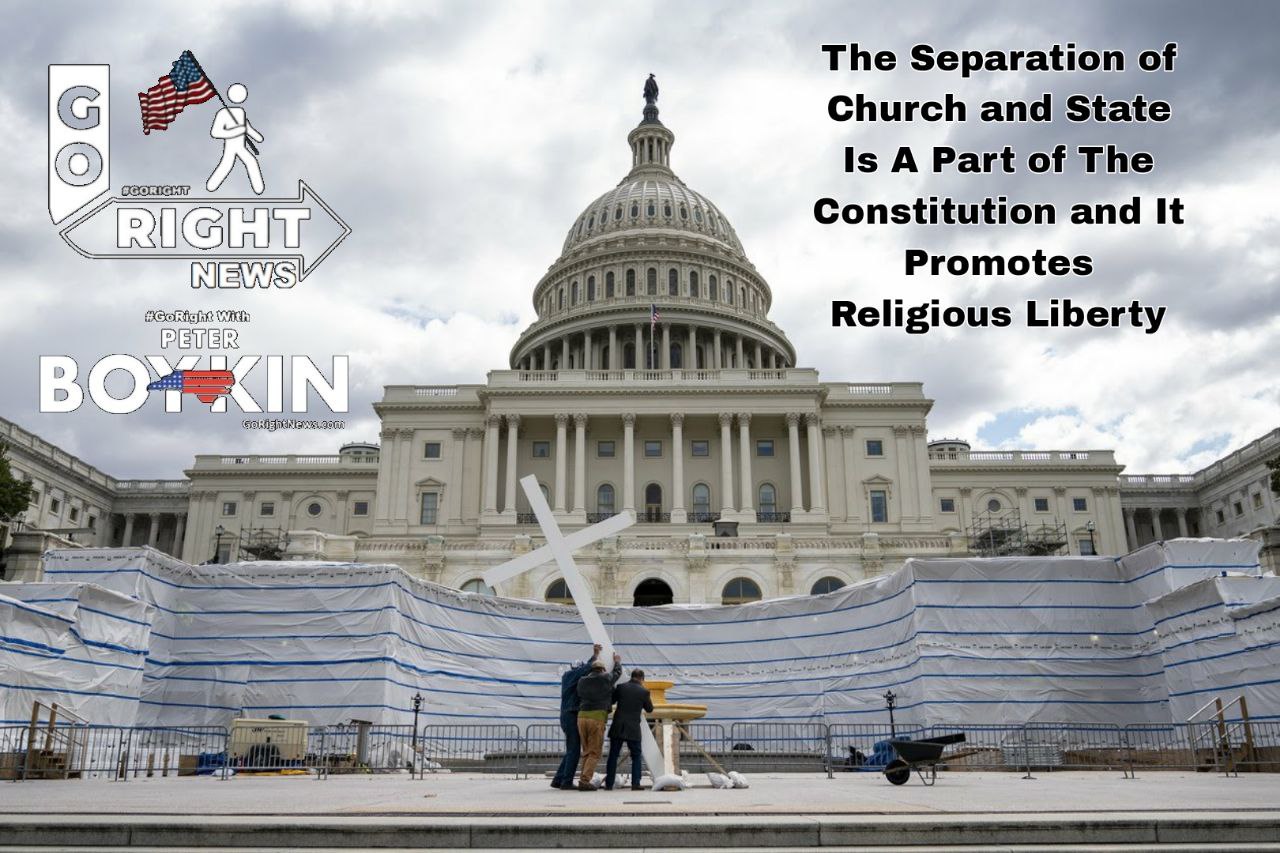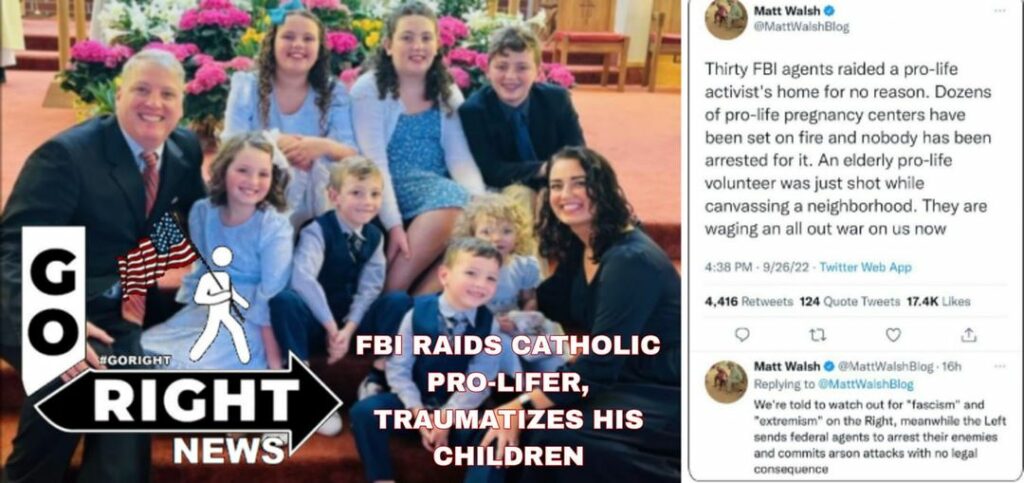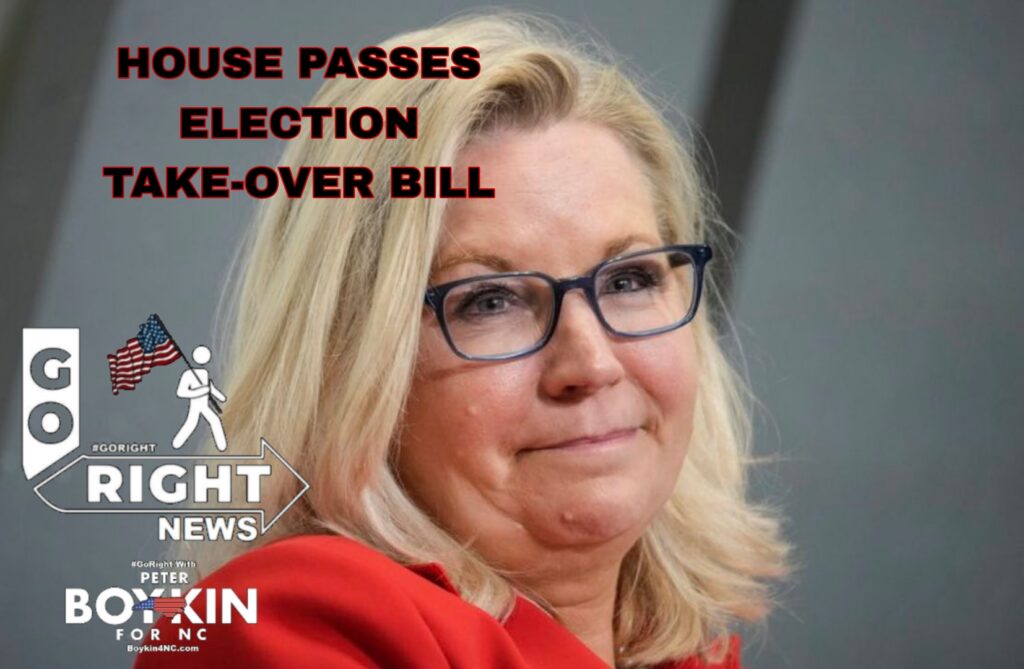The Separation of Church and State Is A Part of The Constitution and It Promotes Religious Liberty
Written by Peter Boykin on September 27, 2022
Shared By Peter Boykin – American Political Commentator / Citizen Journalist

The Separation of Church and State Is A Part of The Constitution and It Promotes Religious Liberty
Religious Liberty
I thank God that the birth of our nation came from our faith in Christianity and GOD.
I believe that the Government should NOT infringe on our rights to worship GOD or infringe on the right to not worship a GOD.
With that said, we are NOT a Christian/Catholic Nation, a Jewish Nation, and Muslim Nation, or any nation based on a specific religion.
Our government is NOT a theocracy though so in America we have multiple religions, as long as we all can coexist and work together to create a positive society for all, all religions are welcome here.
However, we are granted by the Constitution the RIGHT of Freedom from Religion (Church of the State) and the Freedom of Religion. Our Country was founded on the Freedom of Religion and the Freedom from Religion just ask the Pilgrims. Although our Founding documents notate GOD many times, we recognize that GOD is not regulated to any one religion, we also must recognize that although “Separation of Church and State” is not worded in the Constitution that both our 1st and 14th amendments.
Separation of Church and State
The Separation Of Church And State Means That The Government Cannot Exercise Its Authority In Establishing A National Religion.
The Supreme Court has ruled that the 14th Amendment (ratified in 1868) requires states to guarantee fundamental rights such as the First Amendment’s prohibition against the establishment of religion. This means that states, like the federal government, can “make no law respecting an establishment of religion.”
The separation of church and state requires a government to be neutral in matters of religion. Such a government does not enact laws that are either overtly or historically traceable to concepts grounded only in religious beliefs, without any independent empirical verification.
THIS TERM HOWEVER HAS BEEN MISINTERPRETED OVER THE YEARS. OUR FOUNDING FATHERS NEVER MEANT TO SEPARATE STATE AND CHURCH, BUT INSTEAD JUST WANTED TO MAKE SURE THAT THE GOVERNMENT DOES NOT INTERFERE WITH RELIGION. ESPECIALLY THAT IT DOES NOT OFFICIALLY ESTABLISH ONE PARTICULAR RELIGION OR DENOMINATION OVER ANOTHER OR ESTABLISH NON-RELIGION OVER RELIGION.
Separation of church and state is a well-known phrase. However, it is not found in the constitution of the United States.
Here is what the First Amendment states in the Establishment Clause:
“CONGRESS SHALL MAKE NO LAW RESPECTING AN ESTABLISHMENT OF RELIGION, OR PROHIBITING THE FREE EXERCISE THEREOF…”
THE INTENT OF OUR FOUNDING FATHERS WAS TO PROTECT RELIGION FROM GOVERNMENT AND NOT TO EXCLUDE AND SEPARATE RELIGION FROM GOVERNMENT.
RELIGIOUS FREEDOM FOR ALL
Thomas Jefferson introduced the bill for establishing religious freedom which passed in 1779 and was strongly supported by James Madison who stated:
…the duty which we owe our Creator, and the manner of discharging it, can be directed only by reason and conviction, not by force or violence. The religion then of every man must be left to the conviction and conscience of everyman, And it is the right of every man to exercise it as these may dictate.
Evidently, those founders strongly believed in free will. That’s why they wanted to make sure that religion is not made mandatory but is able to arise out of personal conviction. They wanted to assure that people have the right to choose and were not required to be religious.
The early founders came out of Europe which had state churches. These government-endorsed state churches levied mandatory church taxes on people. That’s exactly what our forefathers wanted to prevent in the new colonies. Plus they were leery of the government’s fingers in faith decisions which they wanted to reserve for clergy.
The state churches in Europe, to this day, work to some degree with the government. The supreme court in Germany for instance still decides if catholic or Lutheran believers get to take sacraments if they choose not to pay the church tax or if doctors in Lutheran hospitals can keep their job if they remarry (And, by the way, the answer is no in both cases) (3).
Another problem with state churches is that the government has the ability to influence the upper management staff of Christian hospitals, schools, charities, and even churches. State churches are so entangled with politics that their very faith and their doctrines are affected by political motives. Their ecumenical movements can result in inadvertently supporting down-right anti-Christian trends. Real faith can easily get lost in such multiple agendas. Jesus had nothing good to say about the church sate connection of the Pharisees. Attending a church for social reasons, position, or prestige which easily happens in a state church can result in a watered-down version of the gospel.
God likes us all in or out, not half-hearted. “But since you are like lukewarm water, neither hot nor cold, I will spit you out of my mouth!” Rev. 3:16 NLT
We do not want to create lukewarm Christians who go through the motions of school prayer without truly seeking God.
If religion is not mandated people see a more loving and pure version of the faith.
FOCUS ON THE FREE SPEECH AND EXERCISE CLAUSE
The Supreme Court’s interpretation of the separation of church and state focuses as much on guaranteeing the free exercise of faith as it does on making sure it’s not government endorsed.
Congress shall make no law…….prohibiting the free exercise thereof…”
POLITICO POLL – Most Republicans Say Christian Nationalism Is Unconstitutional — But Still Support It
According to Politico “Most Republicans Support Declaring the United States a Christian Nation”
Prominent Republican politicians have made the themes critical to their message to voters in the run-up to the 2022 midterm elections. Doug Mastriano, the Republican nominee for governor in Pennsylvania, has argued that America is a Christian nation and that the separation of church and state is a “myth.” Rep. Marjorie Taylor Greene, the Georgia hard-liner, declared: “We need to be the party of nationalism and I’m a Christian, and I say it proudly, we should be Christian Nationalists.” Amid a backlash, she doubled down and announced she would start selling “Christian Nationalist” shirts. Now Florida Gov. Ron DeSantis seems to be flirting with Christian nationalist rhetoric, as well.
Politico’s national poll
https://criticalissues.umd.edu/sites/criticalissues.umd.edu/files/American%20Attitudes%20on%20Race%2CEthnicity%2CReligion.pdf
included 2,091 participants, carried out May 6-16, 2022, with a margin of error of +/- 2.14 percent.
Politico started by asking participants if they believed the Constitution would even allow the United States government to declare the U.S. a “Christian Nation.” We found that 70 percent of Americans — including 57 percent of Republicans and 81 percent of Democrats — said that the Constitution would not allow such a declaration. (Indeed, the First Amendment says Congress can neither establish nor prohibit the practice of religion.)
Politico followed up by asking: “Would You Favor or Oppose the United States Officially Declaring the United States to be a Christian Nation?” The findings were striking.
Overall, 62 percent of respondents said they opposed such a declaration, including 83 percent of Democrats and 39 percent of Republicans. Fully 61 percent of Republicans supported declaring the United States a Christian nation. In other words, even though over half of Republicans previously said such a move would be unconstitutional, a majority of GOP voters would still support this declaration.
Not surprisingly, much of the support for declaring the U.S. a Christian nation comes from Republicans who identify themselves as Evangelical or born-again Christians: Seventy-eight percent of this group support the move compared to 48 percent of other Republicans. Among Democrats, a slight majority of those identifying themselves as Evangelical or born-again Christians also backed such a declaration (52 percent), compared to just 8 percent of other Democrats.
For more check out the article at https://www.politico.com/amp/news/magazine/2022/09/20/most-republicans-support-declaring-the-united-states-a-christian-nation-00057736
REAL RELIGIOUS FREEDOM COMES FROM A SEPARATION OF CHURCH AND STATE
Although the words “separation of church and state” do not appear in the First Amendment, the establishment clause was intended to separate church from state. When the First Amendment was adopted in 1791, the establishment clause applied only to the federal government, prohibiting the federal government from any involvement in religion. By 1833, all states had disestablished religion from government, providing protections for religious liberty in state constitutions. In the 20th century, the U.S. Supreme Court applied the establishment clause to the states through the 14th Amendment. Today, the establishment clause prohibits all levels of government from either advancing or inhibiting religion.
The establishment clause separates church from state, but not religion from politics or public life. Individual citizens are free to bring their religious convictions into the public arena. But the government is prohibited from favoring one religious view over another or even favoring religion over non-religion.
Our nation’s founders disagreed about the exact meaning of “no establishment” under the First Amendment; the argument continues to this day. But there was and is widespread agreement that preventing the government from interfering with religion is an essential principle of religious liberty. All of the Framers understood that “no establishment” meant no national church and no government involvement in religion. Thomas Jefferson and James Madison believed that without separating church from state, there could be no real religious freedom.
Sources:
https://www.partnerwithschools.org/separation-of-church-and-state.html
https://www.crf-usa.org/bill-of-rights-in-action/bria-13-4-a-separating-church-and-state
Shared by
#GoRightNews https://GoRightNews.com
Each Month GoRightNews Spends Hundreds of Dollars and Hours To Run This Site and Podcast, with no sponsors or ads this comes out of our pockets, if you like what you see consider donating to the podcast. Thanks!
#GoRight with Peter R Boykin
#GoRightNews
Join Peter Boykin on Telegram
Join Peter Boykin on Facebook
Join Peter Boykin on GAB
Support The Podcast and Website
To Donate to the Podcast (NOT THE CAMPAIGN)


